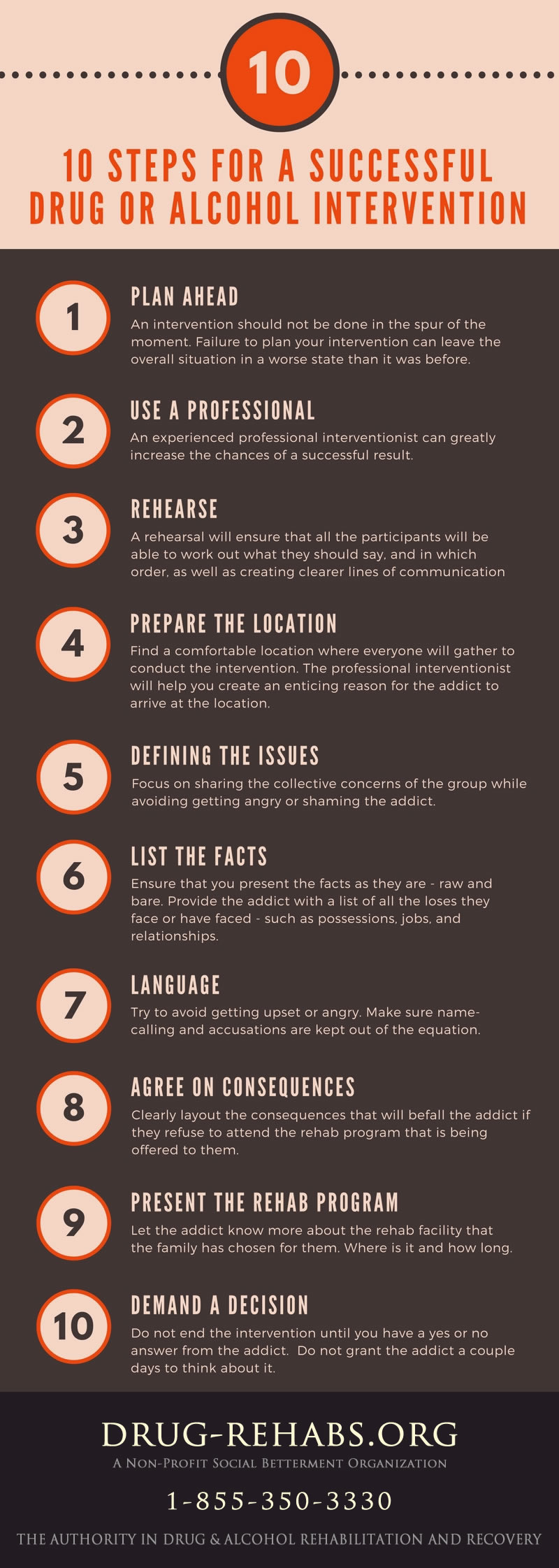Take A Look At The Concerns Associated With Alcohol Detox In The House And Become Aware Of The Symptoms That Indicate The Importance Of Seeking Expert Guidance
Take A Look At The Concerns Associated With Alcohol Detox In The House And Become Aware Of The Symptoms That Indicate The Importance Of Seeking Expert Guidance
Blog Article
Personnel Author-Barefoot Middleton
When you choose to undergo alcohol detox at home, you may encounter various withdrawal signs and symptoms that can be difficult. You'll likely experience anxiety, irritability, and even physical discomfort like sweating and queasiness. It's important to understand exactly how to produce an encouraging atmosphere that can relieve this procedure. Yet just what does that look like, and when should you consider looking for specialist aid?
Common Withdrawal Manifestation Throughout Home Detoxification
When you decide to detox from alcohol in the house, it's essential to understand the usual withdrawal signs and symptoms you could experience. You may experience anxiety, irritability, or mood swings as your body adjusts.
Physical signs and symptoms can include sweating, nausea or vomiting, and migraines. Rest disturbances prevail, as well-- you could locate it difficult to fall asleep or stay asleep.
In some cases, you could experience shakes or restlessness. Keep an eye out for extra severe signs like seizures or hallucinations; these require prompt medical interest.
Comprehending these signs can help you prepare mentally and literally for the detoxification procedure. Knowing what to expect makes it much easier to browse this challenging journey and look for aid if needed.
Developing a Helpful Setting for Detox
Creating a helpful environment for detoxification is essential, as it can dramatically influence your healing trip.
Begin by eliminating any kind of alcohol or causes from your home. Border yourself with encouraging pals or family that urge your progress. Establish a calm room where you can unwind and focus on your wellness.
Stockpile on healthy and balanced treats, moisturizing liquids, and comfort things that promote relaxation. Take part in calming tasks like analysis, journaling, or paying attention to comforting music.
Establish a day-to-day routine that consists of time for self-care, workout, and representation. Men's Survival Skills Therapy 92081 in mind, your environment needs to cultivate positivity and lower tension.
When to Look For Expert Aid
A supportive setting can assist you with detoxification, yet often, you might need more than simply a safe room and encouragement from liked ones.
If https://cnycentral.com/news/local/crouse-health-looking-to-address-drug-alcohol-addiction-with-new-treatment-center experience severe withdrawal signs and symptoms like seizures, hallucinations, or intense anxiousness, it's critical to seek specialist assistance quickly.
Furthermore, if you see that your yearnings come to be frustrating or you can not handle your emotional state, do not think twice to reach out for support.
https://zenwriting.net/socorro6561ashlee/free-on-your-own-from-the-hold-of-addiction-and-open-up-a-way-to can give the essential interventions and medicines to ensure your safety and security and convenience throughout this difficult time.
Bear in mind, asking for assistance isn't an indicator of weak point; it's a step toward healing.
Prioritize your well-being, and recognize when it's time to include health care experts in your detox trip.
Final thought
Finally, navigating alcohol detox in your home can be challenging, but understanding what to anticipate makes it much more manageable. By recognizing typical withdrawal symptoms and producing a supportive setting, you can substantially relieve your trip. Remember to establish an everyday regular focused on self-care and relaxation. If signs become overwhelming, do not think twice to look for expert help. Your wellness and well-being are the top concern, and taking these steps can lead you toward an effective recovery.
